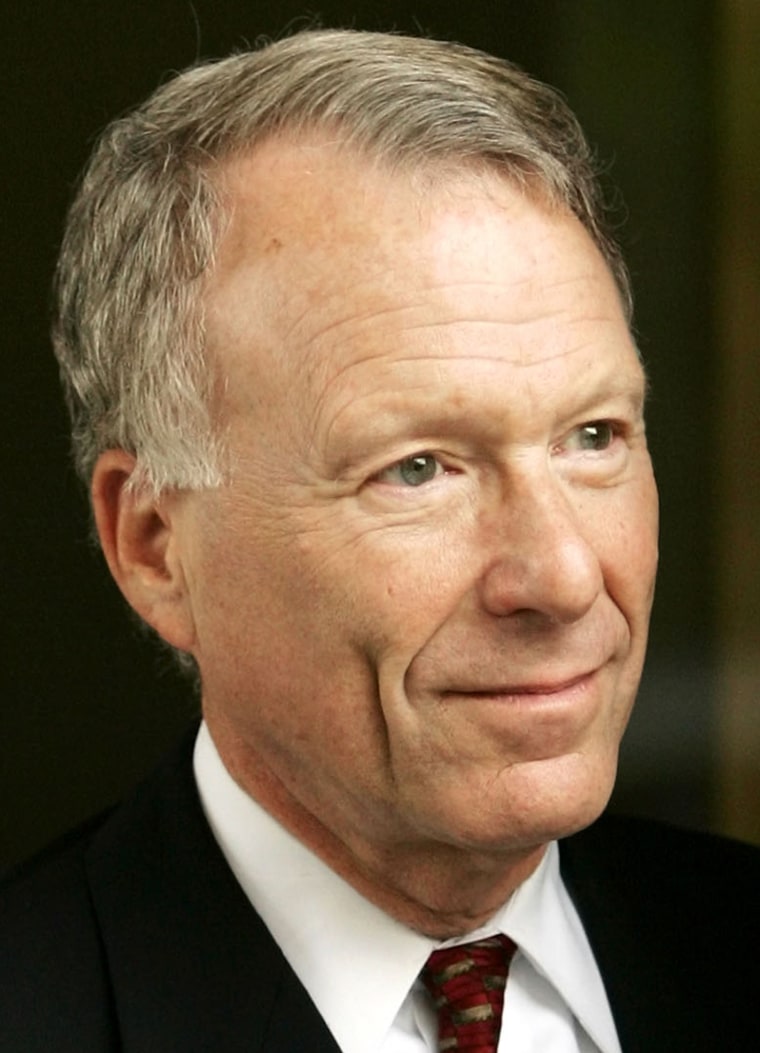A federal judge has ordered a series of closed hearings to determine if Vice President Cheney's former top aide, I Lewis "Scooter" Libby, can use certain classified information as a defense during his trial in the CIA/Leak case.
Judge Reggie Walton ordered two sets of closed door hearings. The first, to begin on September 25th, and "continue everyday thereafter until completed," will be to make all determinations concerning the use, relevance, or admissibility of classified information that would otherwise be made during the trial. The second set of closed hearing, set to begin October 10th, will deal with classified information the judge has determined to be admissible at trial.
The judge also ordered that the government's declassification team be present at both hearings.
According to rules governing classified documents known as CIPA, the Classified Information Procedures Act, in many cases, the government will propose a redacted version of a classified document as a substitution for the original, having deleted only non-relevant classified information.
Misremembering defense
Libby's attorneys have requested and have been given in recent weeks two batches of summaries and redacted versions of classified morning intelligence briefings which Libby attended with Cheney in order to prepare his defense.
Libby's attorneys wish to present at trial a picture of their client as being overwhelmed by the crush of critical national security work at the White House - a client who may have misremembered, what they wish to portray as insignificant, the identity of former ambassador Joseph Wilson's wife who was a CIA employee at the time. Using certain classified documents at trial could underscore the important work was involved with at the time of the Plame leak.
Special Counsel Patrick Fitzgerald's case rests on the premise that Libby lied to the FBI and to a grand jury about his own conversations with reporters confirming that Plame worked for the CIA and was somehow responsible for her husband's fact finding trips to Africa in search of proof about Iraq's alleged quest for fissile materials. Wilson wrote in a New York Times op-ed, that that quest did not exist, and that the administration was "twisting" the facts about Iraq's determination to procure Niger's yellowcake.
Fitzgerald has said in court filings that the Plame leak from Libby was orchestrated specifically to undermine the credibility of Wilson's public pronouncements - which Fitzgerald says consumed the Vice President's office for several weeks in the summer of 2002.
Libby was charged in October, 2005 with lying to the FBI and a federal grand jury about how he learned the name of CIA officer Valerie Plame and when he subsequently told three reporters about her. He faces five counts of perjury, making false statements and obstruction of justice.
Libby's trial is scheduled to begin in January 2007.
Joel Seidman is an NBC News producer based in Washington.
